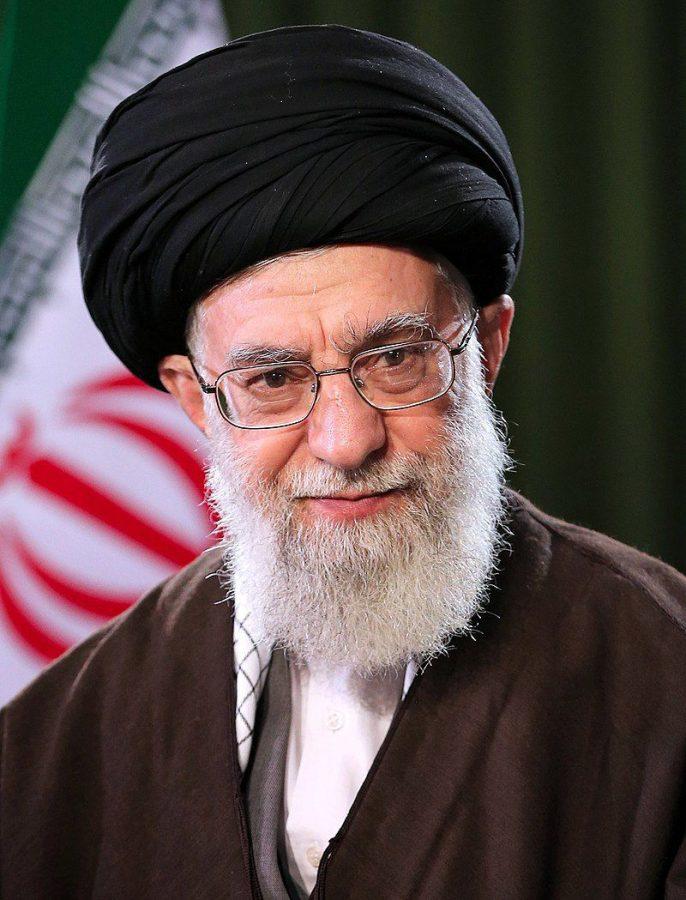Conflict with Iran causes concern among students
January 14, 2020
Tensions between the U.S. and Iran have been building over the past few weeks due to back-and-forth attacks that have left an American contractor and a major Iranian military leader dead.
The tension only escalated when President Trump and the leader of Iran, Ali Khamenei, traded threats following the attacks.
In the days following the death of Iran’s top military general Qasem Soleimani, many U.S. citizens have expressed concern that conflict with Iran could lead to a renewed war with the Middle East or even a new world war.
For the moment, the tension has reached stable ground and the idea of WWIII has subsided.
“The possibility of war with Iran doesn’t worry me or anything. Iran is too small and we already have forces in and around the area,” said Curtis Stafford, a senior finance major. “I would support a war. I doubt it will go as far as that, however.”
The Middle East, including Iran and Iraq, has notoriously been in conflict with western nations like the U.S. in an attempt to bring a state of harmony among nations in the Middle East. Some may agree that the President’s stance against Iran is justified due to its [middle-eastern nations] often-argumentative position against the west.
The President’s recent threats of attacking Iranian cultural sites drew swift condemnation from nations around the world along with a good deal of American citizens.
“I attest the President’s actions were justified based on the intelligence he had on hand,” said Jason Haberkorn, a senior accounting and finance major. “However, I was concerned when the President made comments about violating international law by attacking ‘cultural sites’ in Iran, which is a war crime.”
The current situation in Iran remains unstable for the moment as new riots have broken out among the populace – just recently targeting Ali Khamenei for the destruction of an airplane from Ukraine that was shot down recently.
The possibility of U.S. troops being sent to the Middle East to deter hostile activities is far from impossible.
Edited by Adam White, Wesley Tabor




